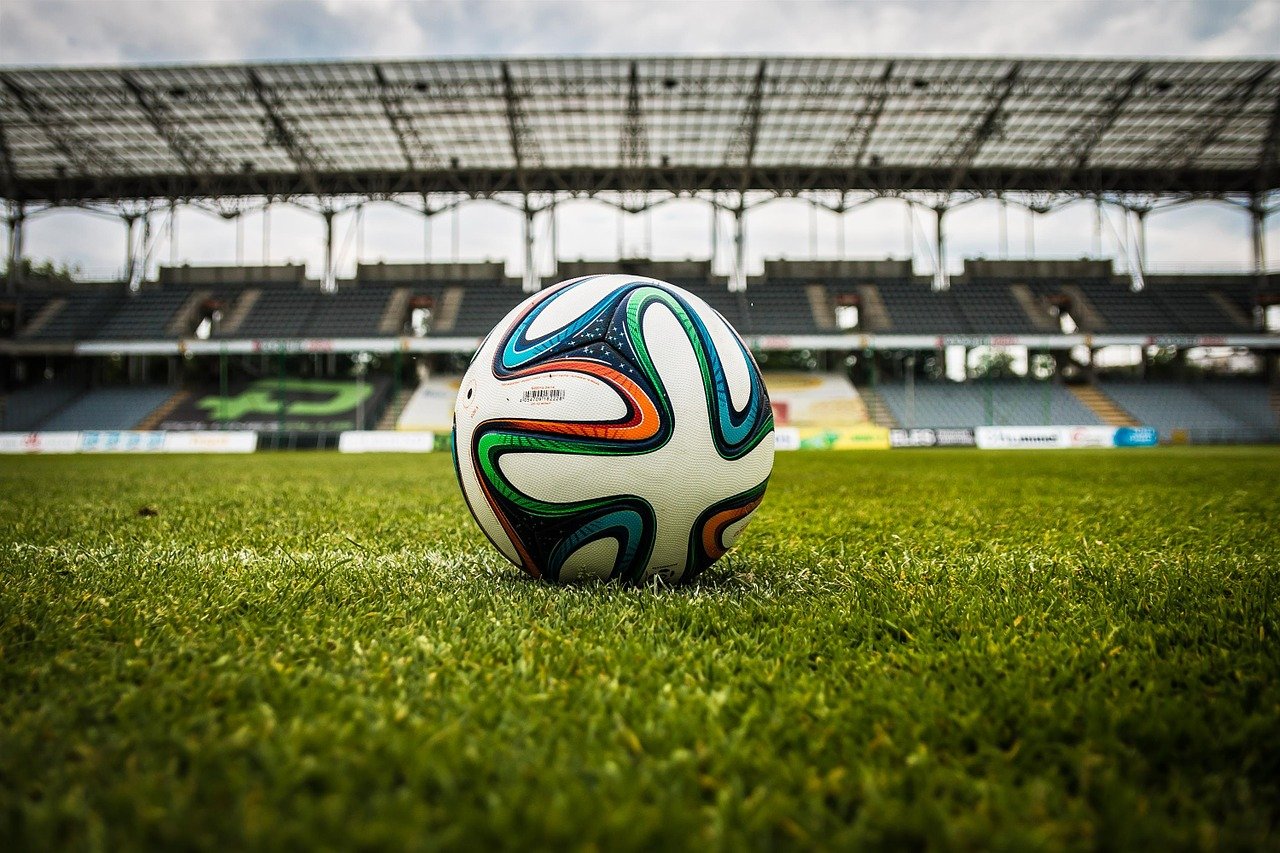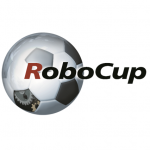
ΑΙhub.org
What AI can do for football, and what football can do for AI

Karl Tuyls, a former RoboCup participant and local chair of the 2D simulation league (2013), recently published an article along with his colleagues at DeepMind called Game plan: what AI can do for football, and what football can do for AI.
President of the RoboCup Federation, Peter Stone, discussed the project with Karl:
Peter Stone: What is your football analytics project all about?
Karl Tuyls: The long-term vision in this project is to advance research in multi-agent decision-making by building an automated video assistant coach for real-world soccer (or football), that can help coaches and teams in analyzing games, making tactical choices in a match (e.g. in set pieces situations), improve their overall game-play, and even assist with in-game analysis and decision-making. Next to that one can also think additionally of human factors like injury prediction and the search for new players. For this we are blending research from game theory, vision and machine learning. So far our work has focused on game-theoretic analysis of set pieces and on trajectory predictions of players and ball with the purpose to allow for counterfactual reasoning (what happens if player X moves in direction Y, for example).
PS: How does your project relate to RoboCup, and can football analytics and RoboCup contribute to each other’s research goals?
KT: Our project clearly distinguishes itself from RoboCup in the sense that we do not focus on building robotic soccer agents but instead work with real human soccer players and as such I would say it is more human-centric focused aiming to improve human football. Having said that, there are also a number of bidirectional research opportunities that can benefit both areas a great deal. For example, vision-based and reinforcement learning-based algorithms developed in the context of RoboCup can directly feed in to research in football analytics, by helping to estimate player’s positions for instance, a crucial aspect to base decision-making on. In the other direction, going from football analytics to RoboCup, I believe that evaluation methods built on game-theoretic techniques and statistical learning can be used directly in RoboCup as well; furthermore, another interesting route is to try simulating real-world human player behaviour in RoboCup for example, for which one could use techniques like imitation learning. So definitely, yes, there is a lot that both areas can contribute to each other’s research goals, and cross-pollination between both domains is actually very useful.
PS: In what ways have you personally participated in RoboCup and how has it influenced this research?
KT: I have always been into soccer and played the game myself as a kid at school and in some local clubs where I grew up in Belgium. Early 2000s, when I started my PhD research in multi-agent systems and machine learning in Brussels, I thought there wasn’t a better platform for doing multiagent learning research than the 2D soccer simulator developed in RoboCup. At the time I was actually very much inspired and fascinated by your work on layered learning Peter, and the work you had been doing with Manuela Veloso at CMU, and I thought that the cooperative and competitive aspects of the game itself were an ideal ‘lab’ to develop new multiagent learning techniques in. At the time I never participated in a RoboCup competition as I was basically the only PhD student in my lab really interested in working on this, and it became very obvious early on that this endeavour was not a one-man job. I did publish though at the RoboCup symposium, and I built agents myself using reinforcement learning that learnt basic skills to e.g. run to a ball or kick and pass it in the 2D simulator, or to play in the keep-away task. Looking back at it now, I think there was a great deal of very creative work going in this ‘pre-deep learning’ period, where scaling to systems like RoboCup was an incredible challenge and compute resources were far more limited.
Later on my PhD work shifted more to some formal game theoretic work for multiagent learning and I focused less on the soccer simulation of RoboCup. Nevertheless, it influenced me very much in my research over the past 20 years, in the sense that I strongly believed that RoboCup was/is a great platform for carrying out multiagent RL research. Understanding what the essential components are for playing soccer in RoboCup by building agents or soccer-bots is indeed very useful for developing new algorithms for soccer analytics in real-world football, e.g. predicting where a ball goes, or the area an opponent player might move into, can be based on very similar machine learning techniques.
Later on in my career, when I was a professor at Maastricht University, and subsequently at the University of Liverpool, we got interested in Industry 4.0 applications (also from a multi-agent perspective) and we formed a team to participate in the RoboCup@Work competition, which we have won several times. Although the competition itself wasn’t multiagent, we experimented a lot with developing cooperative distributed algorithms for our robots to do efficient warehouse decommissioning tasks. Additionally, it was a big bonus for me that by participating in RoboCup@Work it allowed me to attend the soccer competitions as well and gauge the incredible progress that has been made over the past 20 years. This allowed me to take stock of the latest progress in multiagent algorithms that have relevance for our work today in football analytics, think of some of the recent ad-hoc teamwork work as published in Patrick Macalpine’s and your work Peter; and the coaching work of Patrick Riley and Manuela Veloso is a nice other example.
If you are interested in finding out more, their project is described in this recent blog post from DeepMind.
The full paper can be found here.









